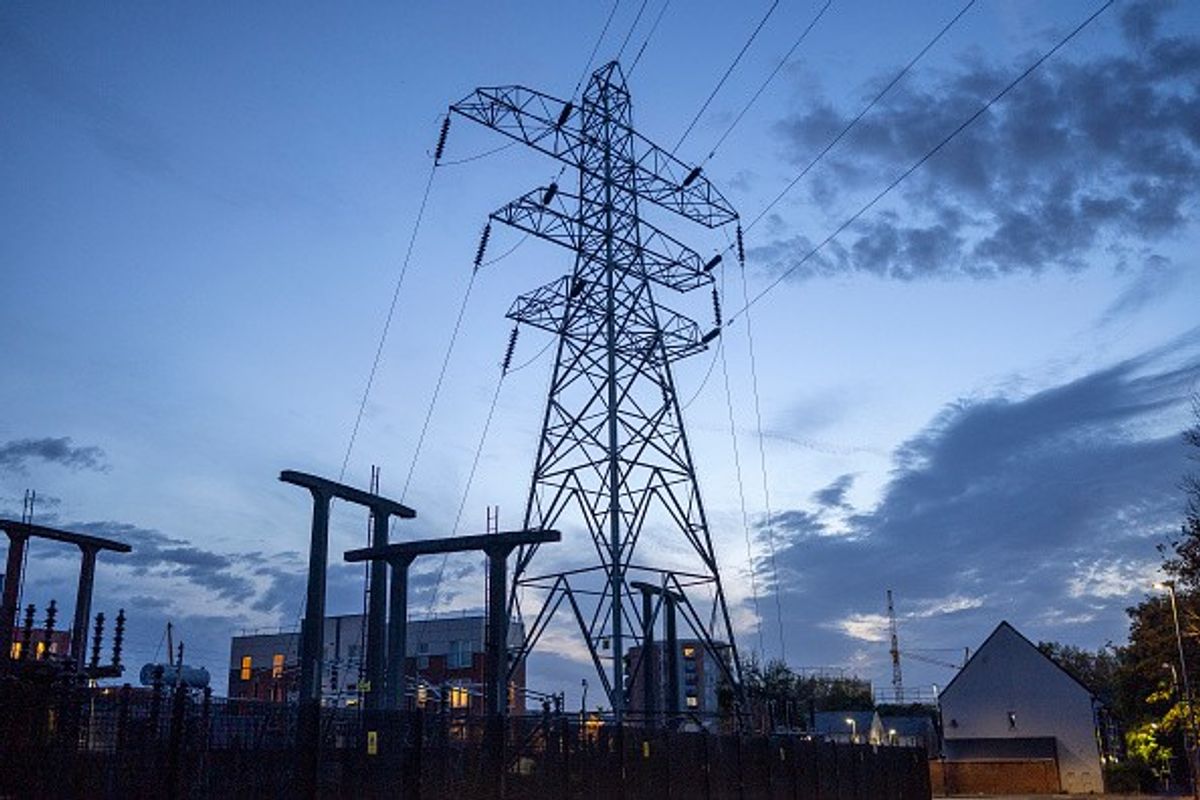Retailers' bodies, including British Independent Retailers Association (BIRA) and Fed, have slammed government's new Energy Bills Relief Scheme (EBRS) which is replacing the Energy Bills Discount Scheme (EBDS), calling it a 'death slide' for indie retailers.
The government's new scheme was released on Monday (9), with the statement that the current offering is unaffordable.
However they did accept that some price support would be needed after March, which is when the EBDS, which has wholesale gas and electricity prices are currently fixed until.
The new EBRS scheme is designed to offer discounts to eligible businesses, based on usage, with some high energy usage industries will receive more support.
However BIRA, which works with over 6,000 independent businesses of all sizes across the UK, has highlighted that based on the government’s own calculations, the current scheme provides a typical small retail shop with £6,400 of financial support with energy bills. Under the new discount scheme, this support falls to £400 for the same small shop.
BIRA CEO Andrew Goodacre said: "The Chancellor said he wanted to avoid a cliff edge in terms of energy support. But it looks as if he has replaced the cliff edge with a ‘death slide’.
"Last year we saw energy bills for indie retailers increasing by 500 per cent £15,000 - £20000 more than usual. These businesses will now have another £6,000 per annum of costs to deal with, at a time when consumer spending has fallen and other costs are set to increase.
"The burden on small retailers is set to increase significantly again. Treasury will refer to the extra retail discount in business rates, but this was needed to offset the average 10% increase in rateable values following the recent revaluation.
"BIRA believe that more need to be done to support high street shops with rising energy bills, and we would like to have seen higher discounts offered to those businesses that have reduced energy compared to last year. Not only would this reward and encourage businesses to reduce costs, it would also be a more environmentally friendly solution," he said.
Calling the new support as hugely disappointing for many independent retailers who are struggling to survive, Fed’s National President Jason Birks said with rising energy bills, falling margins, and rising payroll costs, small businesses will continue to struggle or, indeed, cease to exist unless additional financial support is available.
"The Fed will continue to work with the government to highlight the challenges independent retailers are facing amidst this cost-of-doing-business crisis," he said.
SLTA (Scottish Licensed Trade Association) too has expressed “very serious concerns”.
Colin Wilkinson, SLTA managing director, said many businesses in the hospitality sector in Scotland have had a bitterly disappointing December – normally one of the year’s key trading periods for the sector – as a direct result of the economic crisis, train strikes, poor late-night public transport and lack of taxi provision in some towns and cities. We’re into the second week of January and these challenges remain.
“So, to hear that the current energy scheme is to be replaced with one that offers a discount on wholesale prices rather than a fixed cap price means that businesses will receive a vastly reduced level of support – understandably, we have very serious concerns about the impact this will have on the hospitality sector.
“Obviously we are grateful for any government support but this new Energy Bills Discount Scheme does not, in our view, offer much hope for vulnerable sectors like hospitality when you consider that energy costs now account for around 8-10 per cent of turnover for an average pub or bar. Energy is the second-highest cost for hospitality venues," Wilkinson said.


